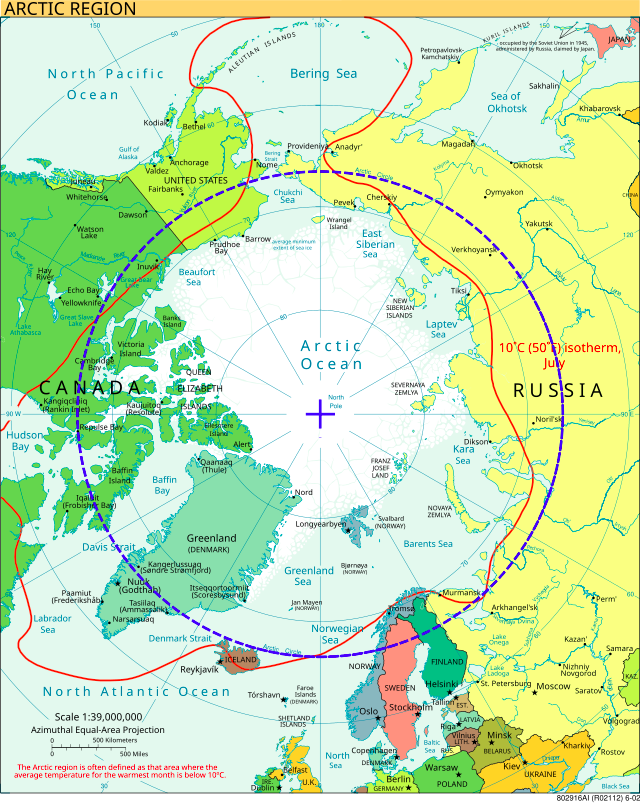Brussels – “We can trust the United States.” NATO Secretary General Mark Rutte wants to reassure Europeans at a time when doubts spread about Donald Trump’s new course. U.S. president-elect will take office on January 20, but in the meantime, his statements cast shadows about the future of trans-Atlantic relations. Of particular concern is Trump’s stated intention to take over Greenland. In a hearing in the European Parliament Rutte explains: in his way, probably over the top, “Trump has posed a theme, which is that of the Arctic.”
The North Pole region is set to become increasingly a theatre of confrontation between powers. With Russia looming large around the polar cap, the United States, Canada, and that part of Europe touched by the Arctic (Norway, Iceland, and Greenland, precisely) will have to establish power relations in a part of the world that could become a new geopolitical factor.

Rising temperatures and melting ice in the region can pave the way for the exploitation of what lies underground. A type of policy that is very tempting for Russia, and not just today. Not surprisingly, the European Parliament, back in 2017, called for a moratorium on oil extraction at the North Pole. There are pristine natural resources, and the race for the Arctic is also about that. “The issue is not about who governs Greenland,” Rutte continued, again about Trump’s recent releases. “We need a strategy for the Arctic,” as NATO and as Europe, insists the secretary general of the Atlantic Alliance.
Not least because Russian President Vladimir Putin has been putting the issue of the North Pole overwhelmingly on his agenda for a decade now. Russian military operations in the region date back to March 2015, reflecting a whole new and growing focus on a key area of the world. Hence the call for a new Euro-Atlantic season. “At this difficult time for our security, strengthening our cooperation is essential. NATO and the EU must work hand in hand.”
English version by the Translation Service of Withub![A sinistra lo zio Sam, la raffigurazione allegorica degli Stati Uniti [foto: Wikimedia Commons]. A destra il segretario generale della Nato, Mark Rutte, durante l'audizione in Parlamento europeo [Bruxelles, 13 gennaio 2025]](https://www.eunews.it/wp-content/uploads/2025/01/usnato-750x353.png)



